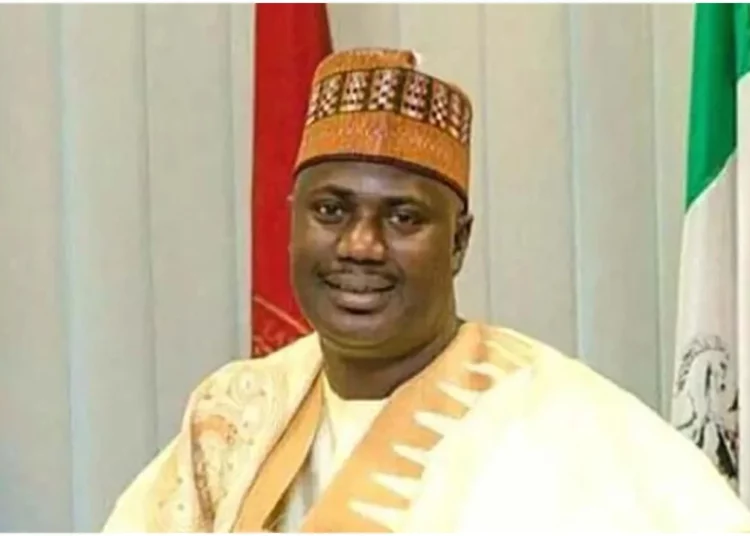The federal government has commenced the reformation of its agricultural cooperative sector in steps to revitalise its role in economic growth and social cohesion.
Part of the revitalisation moves includes the coming together of stakeholders at a technical session to brainstorm on strategy for the reform implementation in Abuja yesterday.
The session provided a platform for stakeholders to contribute ideas on restructuring existing government cooperative departments, establishing new commissions and ensuring adequate staffing to drive the reforms.
Minister of state for agriculture and food security, Sabi Abdullahi who declared the event open, emphasised the need for a modernised, transparent, and accountable cooperative system that aligns with President Bola Tinubu’s Renewed Agenda which seeks to boost Nigeria’s economy to a $1 trillion benchmark.
He noted that despite the vast potential of cooperatives, challenges such as weak governance, outdated laws, and inadequate funding have hindered their impact.
The minister outlined several strategic priorities including; review of the technical working group report, strengthening of infrastructure, enhancing cooperative education to equip young Nigerians with 21st-century skills and encouraging farmer cooperatives where the government will prioritise cooperatives for agricultural assistance programmes, tax breaks, and access to modern farm equipment.
Abdullahi reaffirmed the government’s commitment to fostering collaboration among stakeholders, including private sector operators.
He stressed that a well-structured cooperative sector could contribute significantly to food security, job creation and access to capital.
“Our mission is to chart a new course for the cooperative sector, one built on transparency, accountability, and inclusivity, cooperatives worldwide boast a combined asset base of $19.6 trillion and generate annual revenue of $2.98 trillion. Nigeria must tap into this potential.
We are working tirelessly to ensure that the cooperative sector plays its role in Nigeria’s economic transformation. This is about delivering on the President’s promises and ensuring that Nigerian farmers and businesses thrive through collective efforts.” the minister said.
Director of the Federal Department of Cooperatives, Sani Idris Aliyu, stressed the need for Nigeria to catch up with global cooperative development standards.
“We have immense opportunities, but we are lagging behind. This reform aims to reposition our cooperatives to generate income, improve economic development, and contribute meaningfully to national growth,” Aliyu said.





